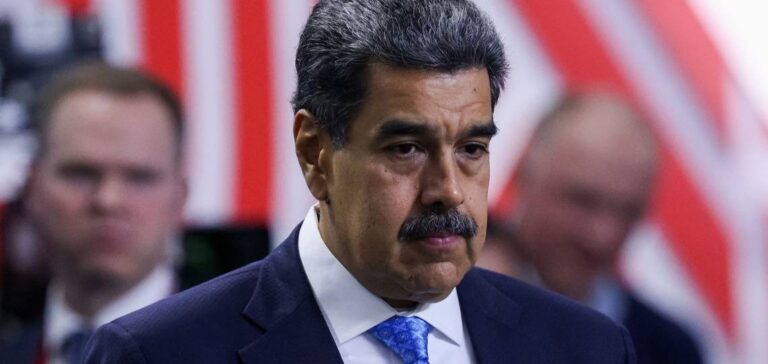United States Secretary of State Marco Rubio stated that any military action by Venezuela against Guyana or ExxonMobil would trigger a severe military reaction from the United States. This warning was issued during a press conference held in Georgetown, the capital of Guyana, as tensions escalate around the disputed Essequibo territory. The American official underscored the strength of the US Navy, asserting that any attack would end unfavourably for Caracas.
Strategic deployment and oil stakes
Marco Rubio’s visit comes as Guyana is set to become the world’s top oil producer per capita by the end of the year, surpassing Qatar and Kuwait. This rapid ascent is mainly driven by ExxonMobil’s investments, with plans to reach a daily output of 1.3 million barrels by 2030. The Secretary of State signed a memorandum of understanding in Georgetown outlining bilateral security cooperation. He mentioned the potential establishment of a partnership similar to those seen with oil-rich Gulf States hosting American troops.
Caracas response and diplomatic escalation
In response to Washington’s remarks, Venezuelan President Nicolás Maduro publicly insulted Marco Rubio, accusing him of representing a hostile and corrupt elite. Venezuelan Minister of Defence Vladimir Padrino Lopez reaffirmed the army’s readiness to counter any form of foreign provocation. Caracas maintains its claim over the Essequibo, arguing that the river of the same name forms the country’s historical natural border.
Territorial dispute and regional dynamics
The territorial conflict stems from the 1966 Geneva Agreement and an 1899 arbitral award, which Guyana considers definitive. In 2023, Venezuela held a national referendum and passed legislation to incorporate the Essequibo as its 24th state, with regional elections scheduled for May. Guyana has brought the case before the International Court of Justice, rejecting any resolution outside the international legal framework.
Rubio’s visit forms part of a regional tour including Jamaica, Guyana, and Suriname. The latter, another small state experiencing oil growth, was also discussed in the context of security cooperation. On this occasion, Rubio also addressed regional concerns regarding US tariffs on Chinese-built ships, noting a shift in tone from his party’s usual trade stance.






















